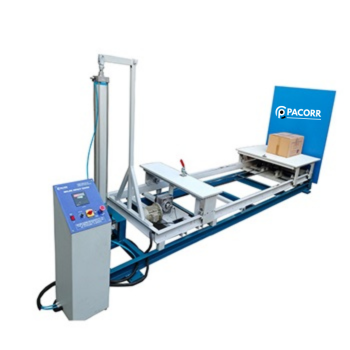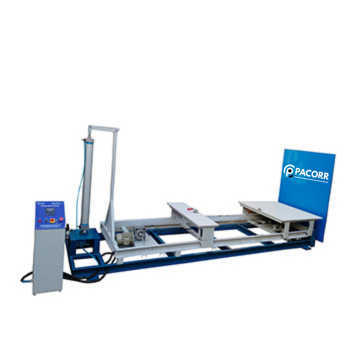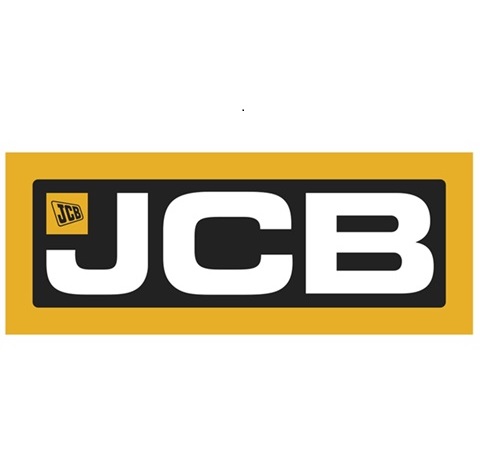An inclined impact tester is a device used to assess the impact resistance and durability of materials by simulating real-world conditions where objects are subjected to angular impacts. This equipment consists of an inclined plane and a pendulum or weight mechanism that releases from a specific height to strike the test material at a controlled angle. The key features include adjustable impact angles and heights, ensuring flexibility for various testing requirements. Commonly used in industries such as packaging, automotive, and aerospace, the inclined impact tester helps in evaluating the performance of materials under stress, ensuring quality and reliability in product design and manufacturing.
- Shipping Area: All over the world
- Model: PC-IIT-01
Inclined Impact Tester is essential machine in the packaging and shipping industries, designed to evaluate how well containers can withstand the stresses encountered during transportation. These testers simulate real-life impacts by mimicking the conditions experienced during rail and truck transport, ensuring that packaging materials can protect their contents under harsh conditions. The use of such testers is critical for maintaining the integrity of shipped goods, reducing the risk of damage and loss, and ensuring compliance with international shipping standards.
Understanding the Inclined Impact Tester
What is an Inclined Impact Tester?
The Inclined Impact Tester is a specialized device used to simulate and measure the horizontal impacts that packaging and shipping containers may experience during transportation, such as those from rail car couplings or truck dockings. This tester is governed by the ASTM D5277 standard, which specifies how these impacts are to be simulated and measured to ensure the robustness and durability of the packaging.
How It Works
The tester typically features a platform where the test sample is placed. This platform is then subjected to impacts at angles and velocities that mimic real-world conditions. The forces exerted are measured to determine the material’s ability to withstand such impacts, which is crucial for product safety during transportation.
Importance in Industry
Inclined Impact Testers are vital in industries such as manufacturing and packaging, where ensuring the integrity of goods during shipping is crucial. They help in preventing product damage, which can lead to financial losses and affect brand reputation.
Key Applications
- Packaging Industry: Used extensively to test the impact resistance of packaging materials like plastic films, laminates, and other protective wrapping.
- Construction Materials Testing: Evaluates the impact resistance of building materials, contributing to safer and more durable construction projects.
Advantages of Using Inclined Impact Testers
- Quality Assurance: Ensures that materials meet required standards of durability and safety before they are shipped or used in construction.
- Compliance and Safety: Helps companies comply with various safety and quality regulations, reducing the risk of penalties and product recalls.
- Cost-Effectiveness: Identifies material weaknesses early in the production cycle, helping to avoid costs associated with material failures and warranty claims.
Inclined Impact Testers are essential for industries that rely on the safe and intact delivery of products. By adhering to strict standards and simulating real-world impact scenarios, these testers play a crucial role in product design, quality assurance, and regulatory compliance. Investing in high-quality impact testing equipment like the Inclined Impact Tester not only safeguards the materials used but also enhances overall product reliability, ensuring that they meet the rigorous demands of transportation and handling.
| Aspect | Detail |
| Definition | An Inclined Impact Tester assesses the impact resistance of packaging during transportation, simulating conditions like rail car coupling and truck docking. |
| Standards | Adheres to ASTM D5277, among other ASTM standards, ensuring comprehensive testing methodologies. |
| Industries Using This Test | Widely used across various sectors including packaging, construction, and manufacturing, particularly for materials like plastics, films, and building materials. |
| Benefits | Enhances product quality control, ensures compliance with industry standards, and helps in understanding material performance under impact. |






























